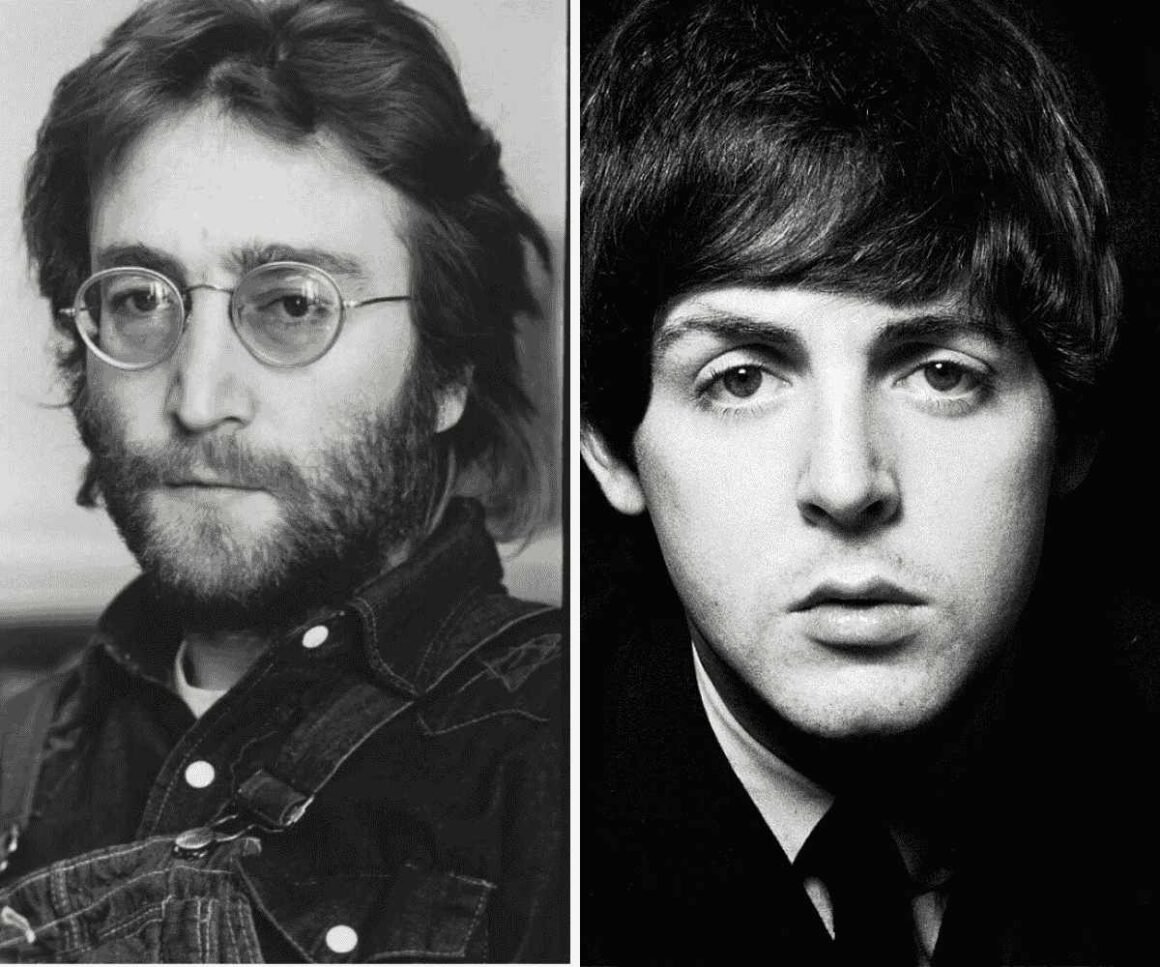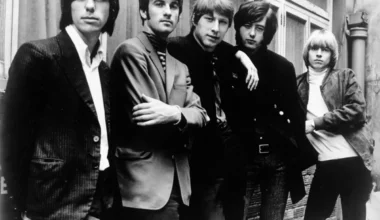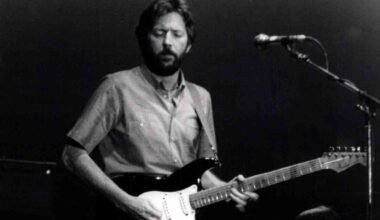Paul McCartney and John Lennon formed one of the most iconic partnerships in music history. After meeting as teenagers, they spent hours in McCartney’s kitchen, immersing themselves in blues and early rock records, honing their songwriting skills. As The Beatles became the world’s biggest band, their shared creative language remained at the heart of their success. However, despite their close connection, they didn’t always love every song the other wrote.
Rising Tensions: McCartney and Lennon’s Criticism of Each Other’s Work
As their careers progressed, Lennon and McCartney began to clash over each other’s songs. Particularly in the later years, when their songwriting became more independent, tensions grew. Lennon, known for his blunt nature, was quick to criticize McCartney’s music, famously dubbing some of it as “granny music shit” as their relationship soured.
McCartney’s Quiet Resistance to Lennon’s Music
While McCartney wasn’t as openly harsh as Lennon, he had his own subtle ways of showing displeasure. Instead of insults, he sometimes refused to participate in tracks he disliked. One key example is “She Said, She Said” from Revolver. McCartney admitted in Barry Miles’ Many Years From Now that he didn’t play on the song due to an argument. It marked a growing divide between the two as friends and collaborators.
The Experimental Divide: “Revolution 9” and McCartney’s Rejection
As Lennon’s style became more experimental under the influence of Yoko Ono, McCartney grew more vocal in his opposition. One of the most divisive tracks was “Revolution 9.” Although McCartney didn’t publicly criticize the song, those present in the studio noticed the tension. Sound engineer Geoff Emerick wrote in his memoir that McCartney “didn’t see it as Beatles music” and refused to help with its production, feeling it wasn’t the right direction for the band.
McCartney’s Struggles with “I Want You (She’s So Heavy)”
Another clash came with Lennon’s song “I Want You (She’s So Heavy),” recorded during the final days of The Beatles. McCartney showed little enthusiasm for the track, which he felt strayed too far from the band’s identity. Emerick recalled McCartney looking “dejected” during the recording, as if watching Lennon distort the band’s music in a way McCartney couldn’t support.
McCartney’s Love for Lennon’s Vulnerable Songs
Despite their disagreements, McCartney never lost admiration for Lennon’s songwriting genius. He especially cherished Lennon’s more personal and emotional tracks like “Strawberry Fields Forever,” “Across the Universe,” “Julia,” and “Beautiful Boy.” McCartney’s deep affection for these songs stemmed from his intimate understanding of the personal stories behind them.
“Julia”: A Song Close to McCartney’s Heart
McCartney often spoke fondly of Lennon’s song “Julia,” which Lennon wrote about his mother. Reflecting on their time visiting her house together, McCartney said, “I loved the poignancy of that because I’d been with him round to Julia’s house to visit her. And I knew how deeply he loved her.” His connection to the song was deeply personal.
A Deep Admiration Despite Disagreements
Even as their partnership fractured, McCartney continued to hold Lennon in high regard. In one interview, McCartney expressed his enduring admiration, saying, “I have such an admiration for John like most people. But to be the guy who wrote with him, well, that’s enough. Right there, you could retire and go, ‘Jesus, I had a fantastic life. Take me, Lord.’” Through their highs and lows, McCartney and Lennon remained connected by their shared musical legacy, even if they didn’t always love each other’s work.







